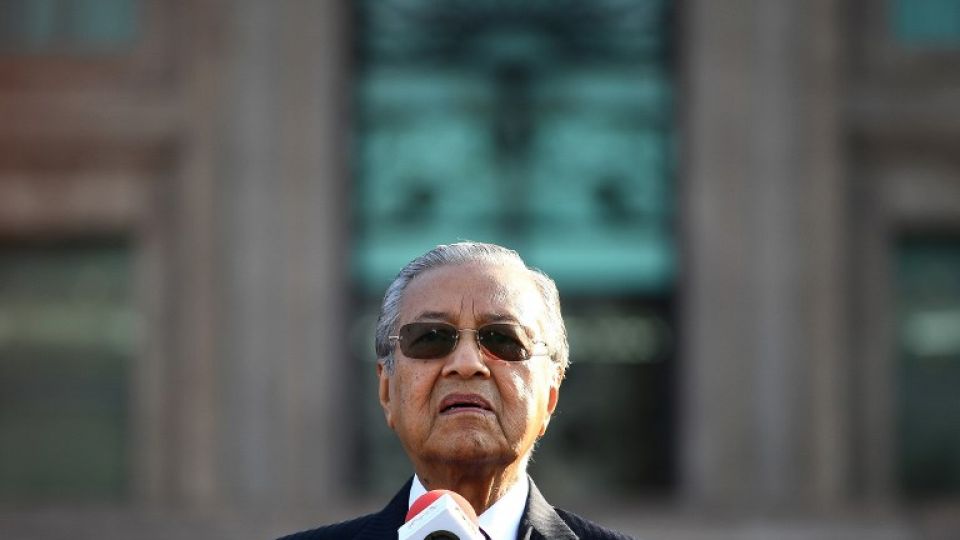May 10, 2019
The plan was unveiled at the first anniversary of the Pakatan Harapan government.
Malaysian Prime Minister Mahathir Mohamad on Thursday (May 9) unveiled a new plan to achieve sustainable and equitable economic growth by 2030, amid gripes that his year-old Pakatan Harapan (PH) administration has not set clear policies for the country’s development.
The new initiative, tagged “Shared Prosperity”, replaces the now-unachievable Vision 2020 target, which was for Malaysia to become a developed nation by next year .
“Shared Prosperity is an effort to turn Malaysia into a country that continues to develop sustainably alongside equitable growth at all levels of the value chain, class, race and geography till there exists harmony and stability among the people by 2030,” Tun Dr Mahathir said in his televised address on Thursday to mark PH’s one year anniversary in government.
In his speech the 93-year-old leader also touched on the National Economic Policy (NEP), the country’s affirmative action policy that favours the majority Bumiputera community, saying measurements of development and prosperity today are more complex than the NEP’s benchmarks of eradicating poverty and raising equity participation.
According to Sunway University economics professor Yeah Kim Leng, this signals a shift to a more redistributive and inclusive development strategy that does not fixate on income growth or a particular group.
In an earlier press conference with foreign media, Dr Mahathir had said his government would focus on the economy in its second year, after tackling corruption in its first year.
“The fact is the previous government was totally corrupt. There is very little corruption now. People can do business with the government now without paying extra. That is a very important achievement that contributes towards the stability of the economy,” he said.
He also told foreign media that he will not see out the full term of five years and will step aside after fixing problems his coalition claims it inherited from the former Barisan Nasional government exactly a year ago.
Those aligned to Mr Anwar, who was sacked as deputy premier in 1998 by Dr Mahathir and then jailed, insist that the Parti Keadilan Rakyat (PKR) president should take over the post in a year.
PM Mahathir told the foreign media: “We will make most of the corrections within a period of two years, and after that I think the others will have less problems to face.”
When pressed on whether he meant two years in power or from now, he replied: “I don’t know whether it is three years or two years, but I am an interim prime minister.”
PH leaders have claimed that the ousted Barisan Nasional (BN), which Dr Mahathir led for 22 years up to 2003, had left behind RM1.1 trillion (S$360 billion) in government liabilities, with several overpriced deals in the offing, such as the now renegotiated East Coast Rail Link and postponed High-Speed Rail to Singapore.
The government has also in recent months dedicated more than RM23 billion to bailing out land development authority Felda and Muslim pilgrimage fund Tabung Haji, important institutions for the Malay majority.
“The key challenge is to restore the image of this country. We have a lot of people taking potshots at us, including the press and now social media, because they see us as a target,” Dr Mahathir added.
“We have to do something, and when you do something you expose ourselves to criticism. We must take action against miscreants who stole money from the government. Of course, some people are not very happy, because they thought they can get away with their misdeeds.”
However, Dr Mahathir also sought to temper expectations by saying some election pledges could not be fulfilled due to financial constraints and the need for constitutional amendments.
“For that we need two-thirds majority (in Parliament). We need the support of the opposition,” he said of some reforms aimed at decentralising power from the premier and correcting biased election maps.
PH claims these were abused by the previous prime minister Najib Razak.
PH had also promised several economic benefits, such as abolishing tolled highways, but now finds the Treasury incapable of buying out the billion-dollar concessions.


